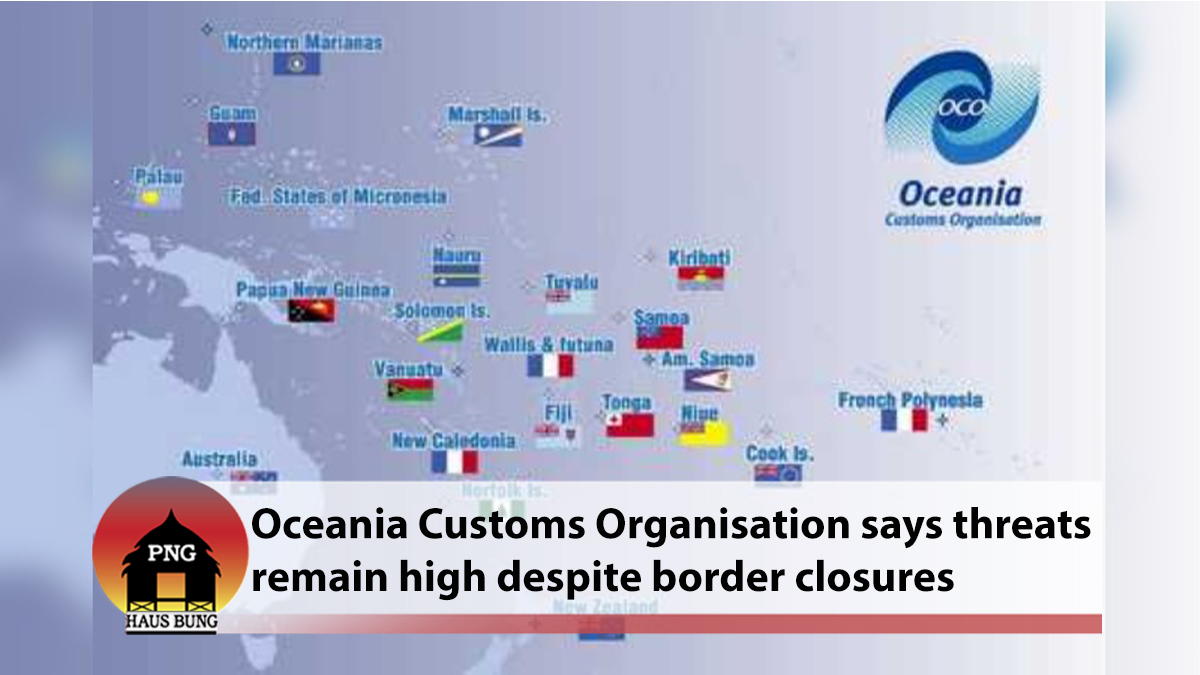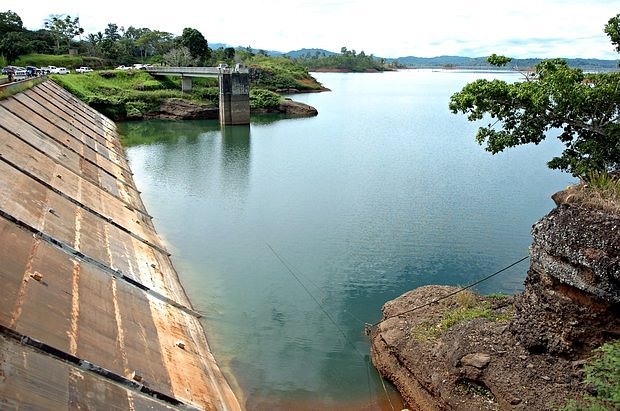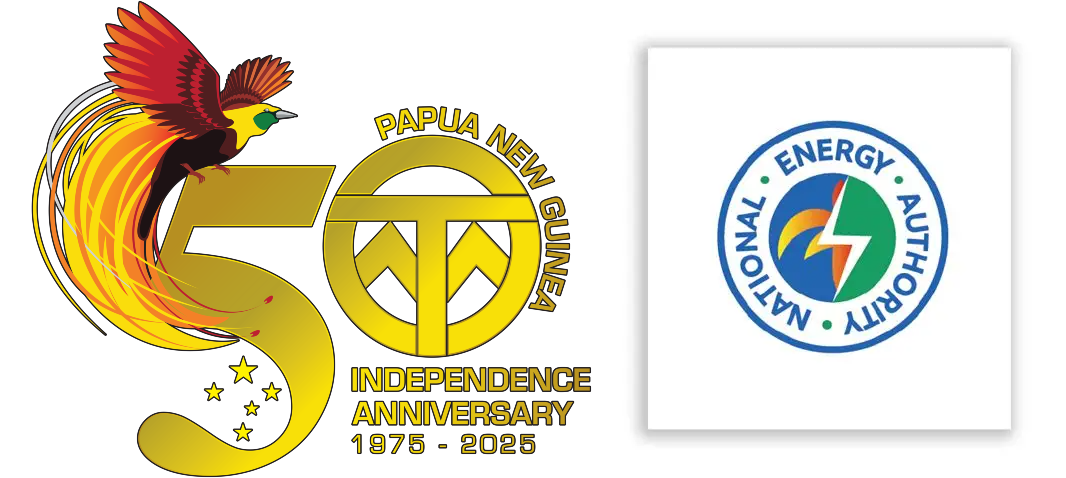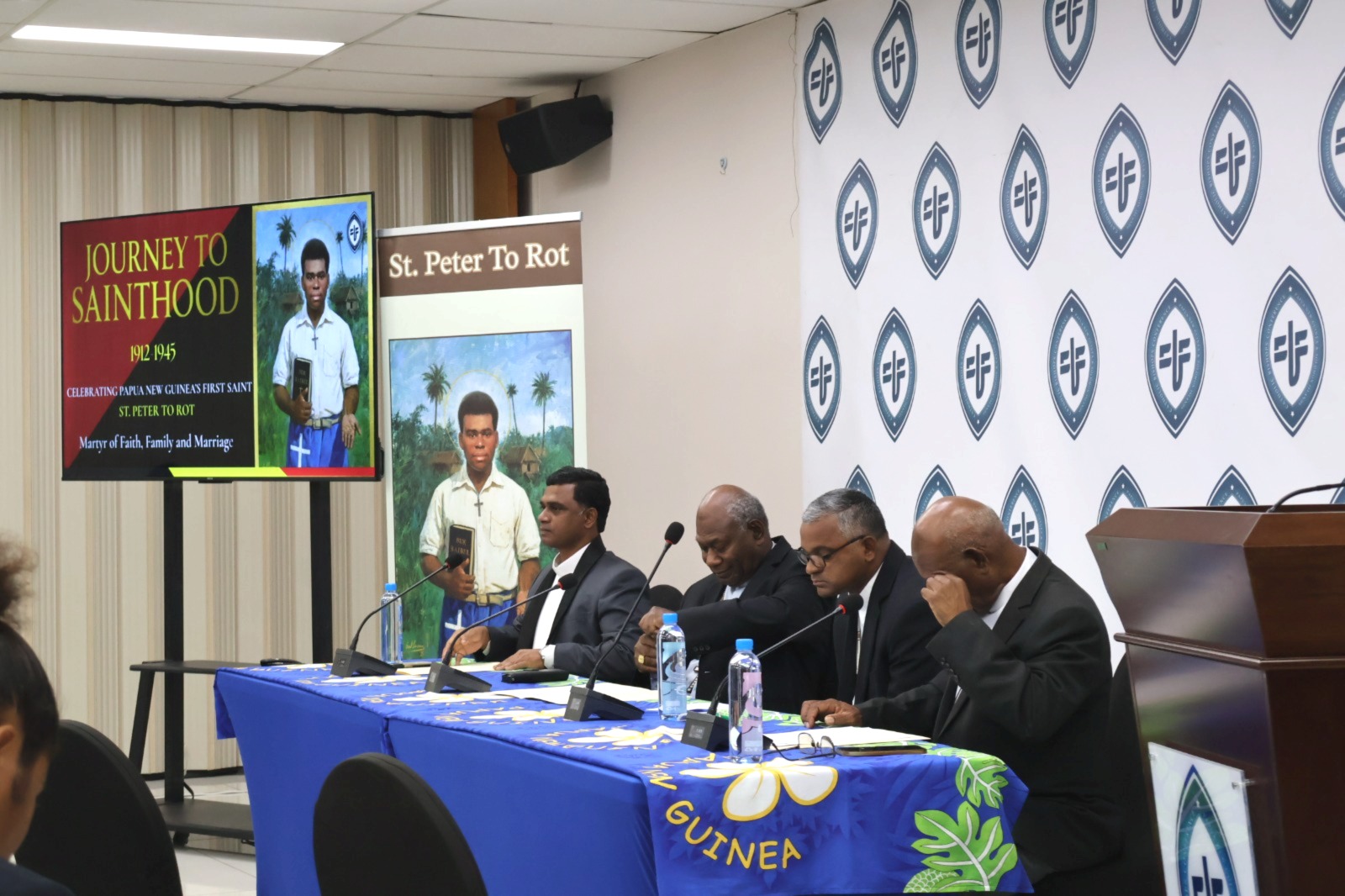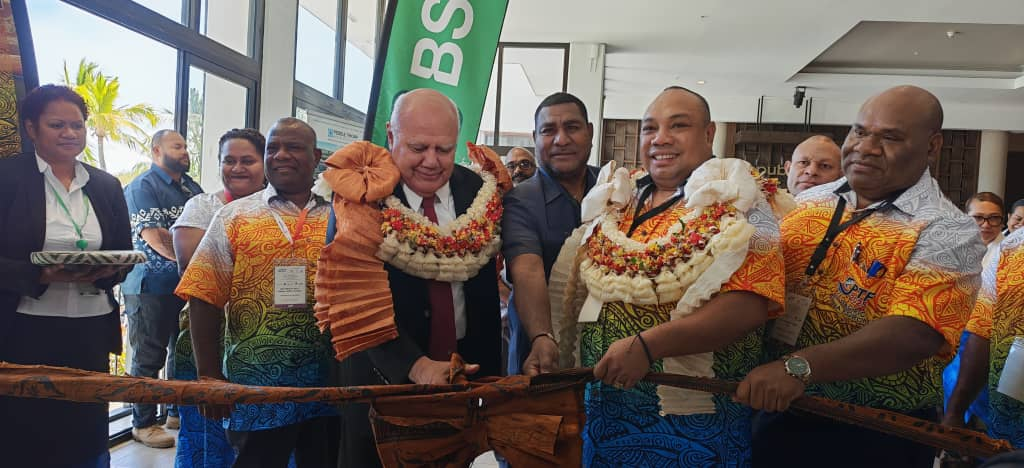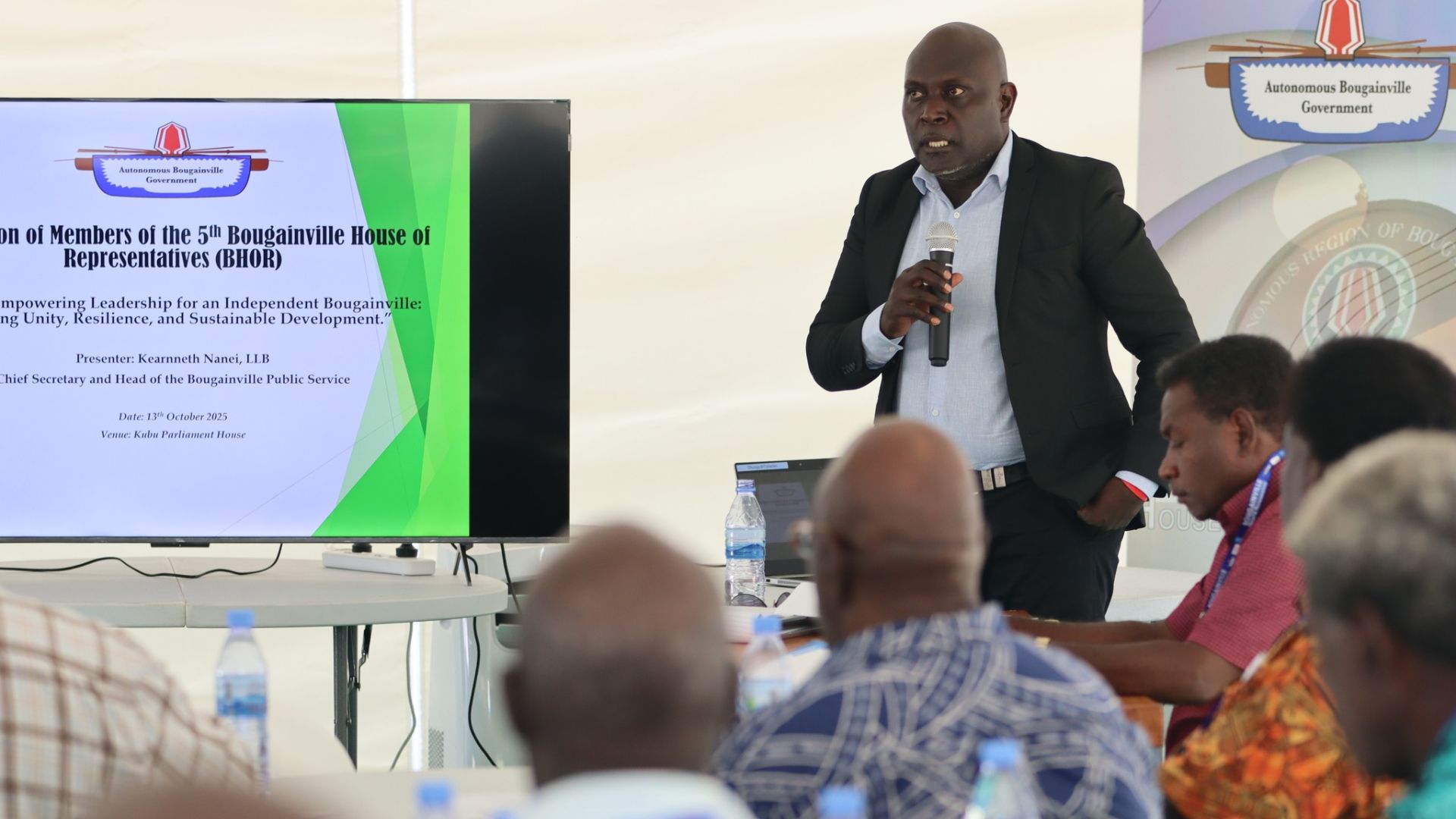Despite border closures and reduced air and sea travel because of COVID-19, Customs administrations in the region say threats in the Pacific remain high from illegal, unreported and unregulated fishing fleets – as well as threats from illegal movements of people, drugs and weapons, which are often facilitated by trusted insiders.
The issue was discussed at the Oceania Heads of Customs annual meeting last Thursday (August 26), held virtually with 21 of the 23 Oceania Customs Organisation (OCO) members attending. Members agreed there is a critical link between national security and traditional customs functions and that the region is more secure if all parties work together through engagements with organisations such as the OCO and the Joint Heads of Pacific Security (JHoPS).
“We all know that not all of us have ample resources to effectively carry out roles but if we share our resources and we work together, we will become more effective,” OCO outgoing Chair and head of Customs of the Federated States of Micronesia, Salvador Jacob said. “A good example of regional collaboration is the Australian-developed Pacific Small Craft Application, which was launched last year to increase information sharing and enhance border security practices. This mobile app used by Customs administrations in the region will support secure movements in the Pacific in the future as it also includes a COVID-19 quarantine tracking feature.”
OCO members also discussed the impact of COVID-19 on their respective countries and their national responses, including border measures to protect their citizens.
Members also noted the priorities placed on ensuring the facilitation of essential goods by Customs administrations were consistent with the health protocols in place. To support vaccine supply chain in the Pacific, members also welcomed the Australian and New Zealand-drafted World Customs Organization Operational Guidelines for the Facilitation of Situationally Critical Medicines and Vaccines that would greatly support Customs administrations.
Meanwhile, as Pacific Island nations respond to the impacts of COVID-19, Customs administrations also acknowledged OCO’s capacity building efforts focus on COVID-19 recovery, and the implementation of PACER Plus last year provided a useful tool to support economic recovery through greater trade.
Fiji based OCO carried out capacity building activities in the Pacific, which included training in valuation, tariffs, vessel searches, border security assessments, small craft targeting, cargo search, e-commerce, disrupting criminal business activities, risk assessment, document examination, investigations and intelligence to bolster Pacific border security.
“There is a silver lining to COVID-19, because of the border closures we have had to hold most of our training virtually,” OCO Head of Secretariat, Richard Brennan said. “While it has been challenging, the positive is that we have been able to include more participants from the region. We need to continue building the capacity of our members so that we can be effective in our roles as we face and address the impacts of COVID-19 and the ongoing threats to our borders.”
The meeting welcomed the incoming Chair Mr. Xavier Mitchell Head of Customs, Cook Islands. Dependent on the re-opening of borders, Cook Islands will host the 2022 annual conference and the Federated States of Micronesia in 2023. Both countries were unable to host the respective events in the last two years with travel restrictions in place.
